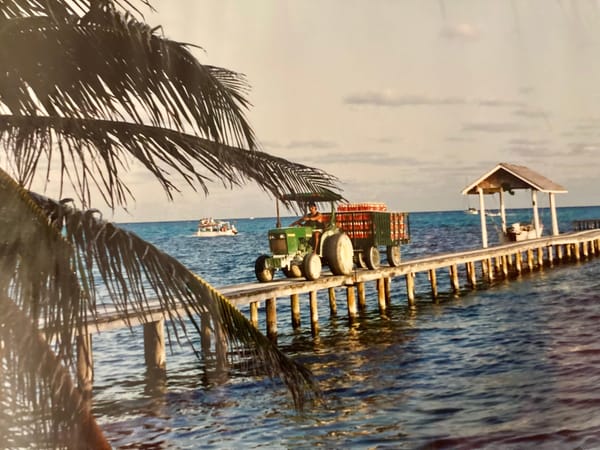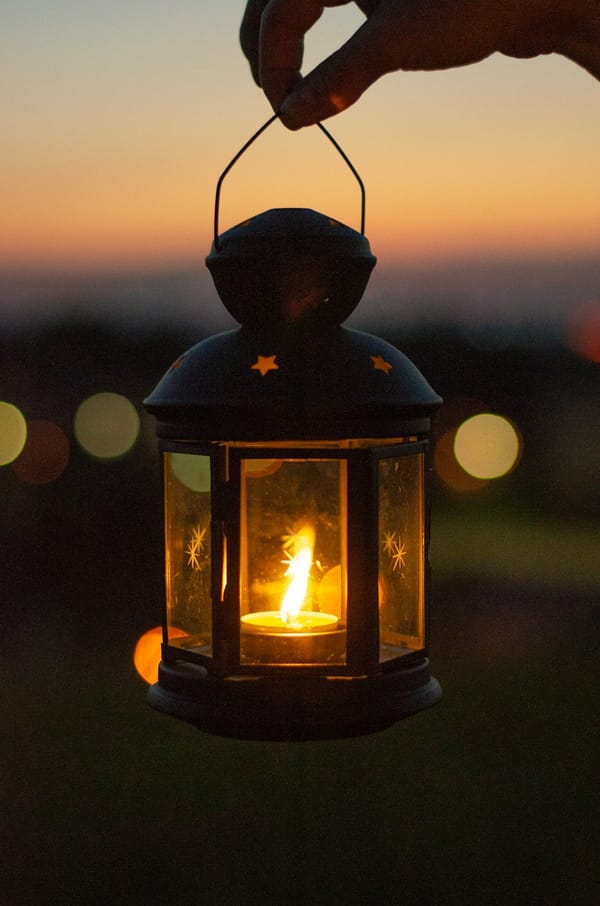Lynn, Swampscott team up to clean Greater Boston’s dirtiest beach
The city of Lynn is still determining under what conditions the UV system will work.

THE CLEANUP of Boston Harbor is one of the great environmental success stories of recent decades, transforming one of the dirtiest harbors in the country into one of the cleanest. But a handful of beaches in Greater Boston remain heavily polluted and unsafe for swimming despite that multibillion-dollar effort. Among the worst: King’s Beach, which straddles the shorelines of Lynn and Swampscott, about 15 miles north of Boston.
The Lynn shoreline is one of the closest to Burlington, but while the location and parking may be convenient, beachgoers tend to head farther north to Salisbury, Gloucester, and Ipswich — owing in part to the environmental conditions.
Groundwater mixed with sewage and polluted urban runoff containing animal waste, trash, and fertilizer have long contaminated the beach – often in amounts 800 times greater than safe levels.
“We’re a city of over 100,000 people here on the Atlantic Ocean. This is our only beach, and it’s too dirty to use,” said Mayor Jared Nicholson of Lynn. “It’s absolutely unacceptable.”
After years of inaction, there is finally a glimmer of hope for the tainted stretch of coastline.
A three-month pilot program launched in June is tackling the pollution using ultraviolet light to kill wastewater bacteria. It’s part of a collaboration between the city of Lynn and the town of Swampscott, and the initial results have been promising. But between the high cost projected for a long-term fix and cuts to federal funding, whether the system could be permanently implemented remains to be seen.
Poor water quality at King’s Beach is a century-old problem. Nearly 100 years ago, East Lynn and Swampscott channeled Stacey’s Brook through a culvert – carrying sewage and stormwater through a pipe that empties into the ocean at the beach. Unlike most Boston area beaches, it receives daily discharges of waste. More than two decades ago, the Lynn Water and Sewer Commission separated the sewer and stormwater systems, which reduced the contamination, but did not eliminate it. Cracked sewer pipes have exacerbated the issue.
A temporary generator now powers a UV light unit that has been rented for the summer. A pump takes stormwater from underground, exposes it to UV light in a tank, and then discharges it into the ocean at King’s Beach. The pilot program comes with a price tag of around $800,000, a cost being shared by Swampscott and Lynn. It would take an estimated $25 million to install a permanent UV light system, according to Nicholson.
King’s Beach is one of the dirtiest in Massachusetts and has been ranked as the worst for water quality in the Greater Boston area, according to Save the Harbor/Save the Bay’s annual report card evaluation of 15 beaches. It failed nearly half of the daily water quality tests conducted in 2023 – a record low.
“At the height of the summer, we've all seen families ignoring the red flags and coming to swim because it's the only option that they have. But clean water shouldn't depend on your ZIP code,” US Rep. Seth Moulton said at the pilot program’s July 25 ribbon-cutting ceremony. “We know that low-income communities and communities of color are often the ones most impacted by environmental issues.”
“This is a century-old problem that we're applying 21st century technology to,” said state Rep. Jenny Armini of Marblehead, who represents Swampscott and a section of Lynn, at Friday’s ribbon-cutting.
Any discussion of a long-term solution won’t take place until the pilot concludes at the end of the summer and more data is gathered, but preliminary results of the pilot are encouraging, despite a few roadblocks along the way. The UV-treated water has, for the most part, measured at or below 10 colony-forming units per 100 milliliters of water, according to Lynn’s public beach sampling data. At marine beaches, the accepted level of bacteria is 104 units or fewer per 100 milliliters of water, according to the Massachusetts Department of Public Health.
Due to seaweed blockages that affected the UV system's functionality, two screens had to be installed. They have to be monitored and cleaned to keep the system clear of debris that could interfere with the pumps.
Rainfall also leads to heavy stormwater runoff that raises bacteria levels in places like King’s Beach. It also causes more trash to be swept down through stormwater drains – some of which has gotten stuck in the UV tanks. Nicholson said they are still determining under what conditions the UV system will work, considering that too much rainfall can quickly overwhelm the system and increase bacteria levels.
Though the cleanup effort is being hailed as long overdue, it has brought its own environmental issue: A handful of residents who live on the waterfront have already complained about noise caused by the generator, which they say violates local ordinance levels. A few held signs in protest at the ribbon-cutting event, where Nicholson addressed the noise complaints.
“I want to acknowledge the impact that this has had on our neighbors, because it’s real,” Nicholson said in his speech. “We will continue to try to do everything we can to mitigate it.”
Moulton criticized the Trump administration’s sizeable cuts to the Environmental Protection Agency, adding that the very program that could have provided federal funding for the project was canceled.
The city of Lynn had applied for the EPA’s Community Change Grants – a Biden-era program funded by the Inflation Reduction Act – to help cover the cost of the UV pilot program, as well as for both Lynn and Swampscott’s efforts to eliminate the sources of water pollution.
After the city received assistance with their grant submission, the program was abruptly discontinued in January, which left project leaders without a status update.
“When Washington fails to show up, when critical EPA programs are slashed and grant opportunities dry up mid application, it's more important than ever that communities work together to leverage your expertise and wisdom and resources to make things happen,” Moulton said in his speech.
Despite living in Lynn his entire life, state Sen. Brendan Crighton, who is 42, said he couldn’t remember ever once swimming at Kings Beach. Nicholson highlighted why the cleanup project is so important not just for residents, but also for the region.
“We’re surrounded by towns who have multiple beaches, all of which are exclusive – you have to be a resident, or you have to have a resident parking sticker,” Nicholson said. “This is our only beach, and it’s one of the only beaches that’s open” – accessible to all, with no parking fees.
The waterfront is one of Lynn’s major attractions, and a clean, swimmable beach would only add to ongoing growth and revitalization efforts.
“It’ll be a huge asset,” said Nicholson, “but most importantly, the residents of Lynn that are here now deserve this clean beach.”
This article first appeared on CommonWealth Beacon and is republished here under a Creative Commons Attribution-NoDerivatives 4.0 International License.![]()





